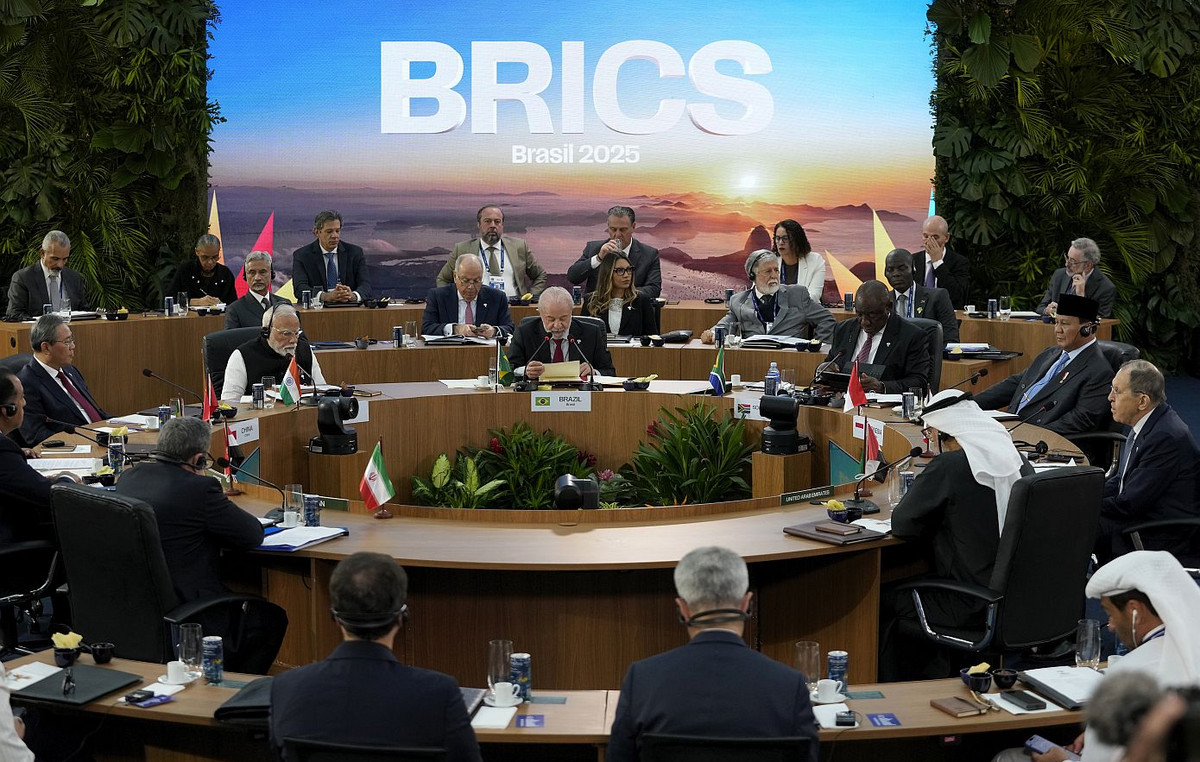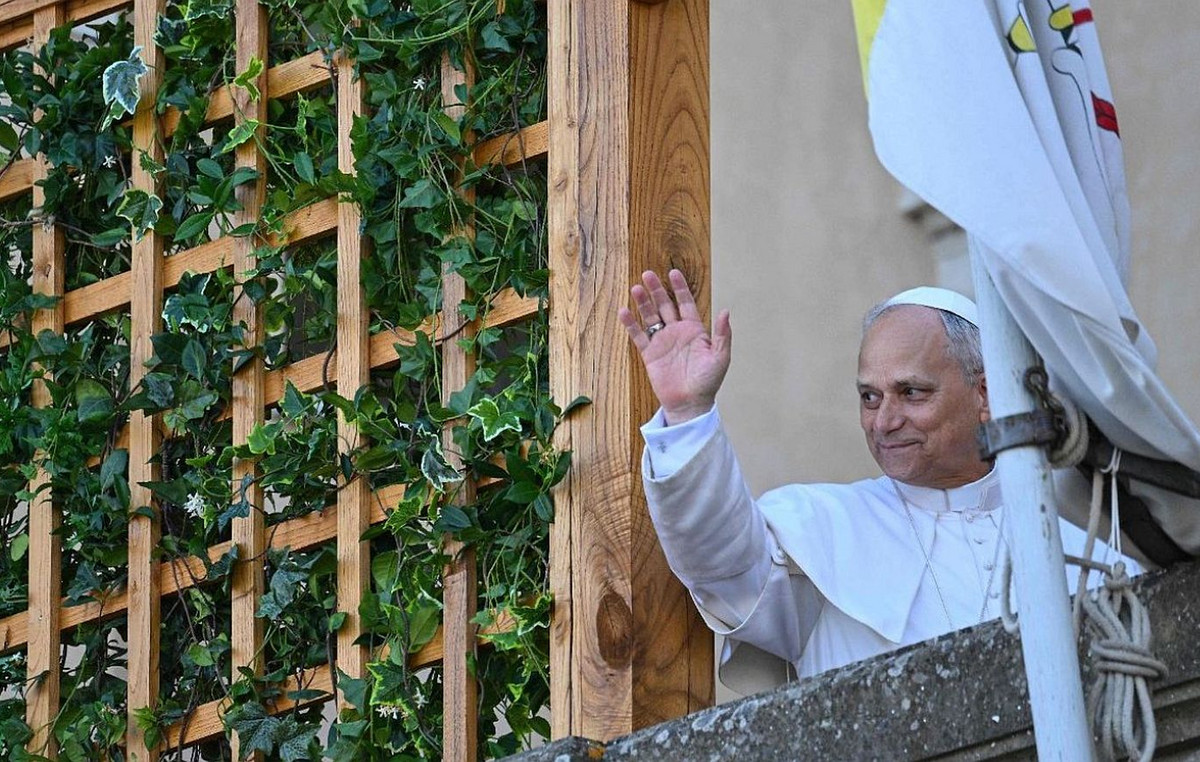The first week of discussions at COP27, in Sharm el-Sheik, Egypt, was marked by strong speeches, emotional debates and many declarations of good intentions. But it produced very little concrete result.
More than 120 heads of state and government attended the UN Climate Summit and delivered speeches to a packed plenary, all vowing to act to curb climate change.
Most of these speeches followed a similar script.
The leaders began by alerting the world to the terrible consequences of global warming, showed their countries’ intentions to circumvent the problem and ended with notes of hope about the possibility of the planet being saved – if, of course, energetic action is taken without loss of energy. time.
On the negotiating side, however, there was no significant breakthrough.
The most celebrated point by the hosts took place right at the beginning of the summit, when the countries agreed to put discussions on the issue of damages on the agenda of the event.
It is a mechanism to compensate the most vulnerable countries that are already suffering from the impacts of extreme weather events. These nations are generally the ones that have contributed the least to the emission of greenhouse gases.
The compensation should be paid by the richest countries, the biggest responsible for the historic emission of greenhouse gases – such as the United States, Western Europe, Japan, Canada and Australia.
However, discussions on compensation mechanisms never advanced – and Egypt, allied with other developing countries, has been pressing for this COP27 to generate results in this field.
These countries, however, face great resistance from the rich nations – who adopt all possible tricks to delay the discussion.
The mere fact that the topic was on the agenda of the summit was sold as a great advance, but, in fact, it does not mean anything concrete – apart from the scheduling of conversations between the parties.
US President Joe Biden arrived late to COP27, delivering a speech lasting about 25 minutes on Friday (11). However, he also disappointed.
Biden avoided talking about losses and damages, preferring to praise his country for having adopted a very strong new environmental legislation to contain the emissions that cause global warming. He also announced plans to reduce the emission of methane, one of the gases that contributes most to the warming of the planet.
The American president assured that his country will reach its emission cut targets by 2030 – which is important news, but insufficient to satisfy all the other parties present at the COP.
Some countries have announced bilateral agreements and aid to other nations. Biden himself has announced that the US will allocate $150 million to aid African countries – an amount that has been questioned by the local press, disappointed by the low value of the aid.
In midweek, special climate envoys from China, Xie Zhenhua, and the United States, John Kerry, were together in a meeting off the official agenda. The countries had previously collaborated on the climate front, but were cut short after U.S. House Speaker Nancy Pelosi visited the island of Taiwan. The rehearsal of a rapprochement has cooled after Kerry indicated that the two sides are far from collaborating again.
Brazil has been a topic in the conference halls for two reasons. The first, the expectation of the arrival of President-elect Luiz Inácio Lula da Silva (PT), next week. The second, the importance of the Amazon for the preservation of the environment.
For now there is only dialogue. Although at least 25 countries have joined the Partnership of Leaders for Forest and Climate, for the time being, Brazil has been left out. On another front of forest conservation, the Brazilian government announced that it will formalize an alliance with Indonesia and the Democratic Republic of Congo.
Traditionally, the first week of the COP is marked more by technical discussions, civil society debates and some localized protests. In Egypt, it was no different. The pavilions that concentrated the stands of countries and civil society seemed to be celebrating from Tuesday (8) to this Saturday (12).
The negotiations between the countries are now expected to move forward in the second week. But expectations for the announcement of an impactful new deal are very low.
Putin’s war in Ukraine has been cited as an excuse by countries in Europe that are unlikely to be able to deliver on promises outlined at last year’s conference. Since the beginning of the conference, however, COP27 heads have urged global leaders to focus efforts on more than one front, so that it is possible to reduce the impacts of the climate crisis and benefit developing countries.
Source: CNN Brasil
I’m James Harper, a highly experienced and accomplished news writer for World Stock Market. I have been writing in the Politics section of the website for over five years, providing readers with up-to-date and insightful information about current events in politics. My work is widely read and respected by many industry professionals as well as laymen.







